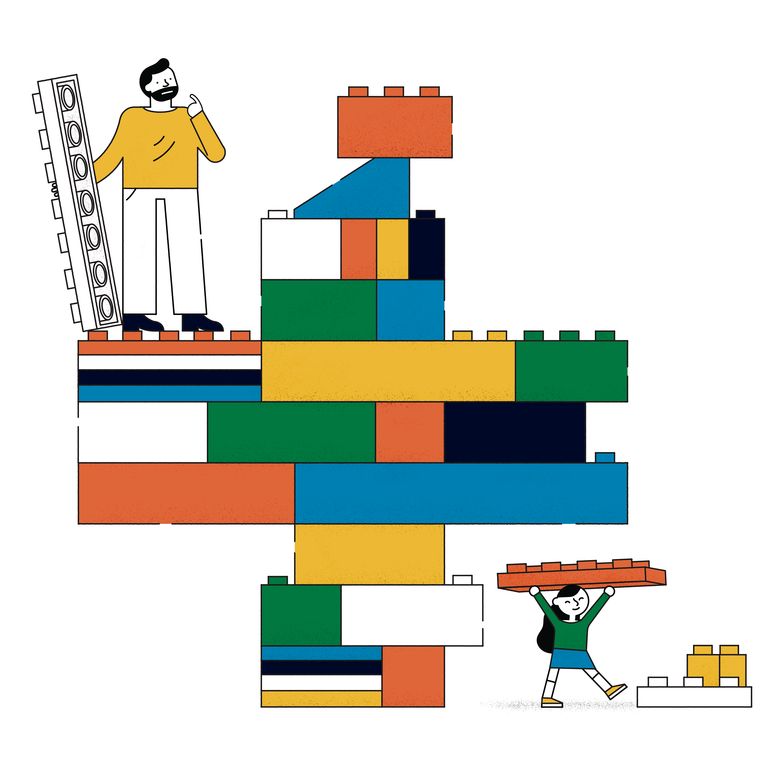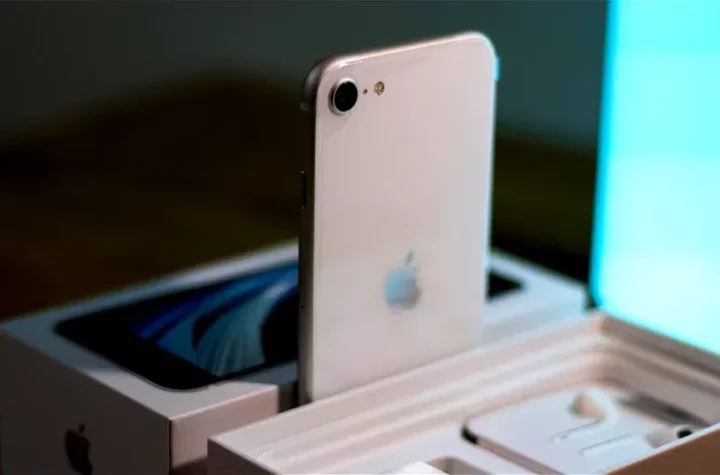Less is more? this is difficult; People have a tendency to add, expand, and exaggerate.
American architect Lady Clots was an inspiration when he built a bridge out of Lego with his 2-year-old son. The structure was skewed, because the columns did not have the same number of blocks. Kluts was looking for a block to add to the short column. But his son was in front of him, he had already removed a block from the long shaft. This is what made Kluts think: Why was his first inspiration to add that block?
The issue eventually led to a striking study in Nature this week. A group of scientists argue that people have an instinctive and systematic tendency to add elements rather than remove them when they need to solve a problem. Whether it is a matter of improving a building, text, recipe or organization, we prefer adding words, ingredients or ideas. The ability to delete ingredients often doesn’t happen to people.
Delete option
For example, the researchers looked at ideas that emerged during a consultation by a new university official. He asked the staff and students to help him improve the university and to think with him on how best to serve them. Of the 651 proposals, only 70 (11 percent) centered around abolishing or removing measures, rules, or programs.
Not that people don’t see the value of deletion or deletion, says researchers led by Gabrielle Adams at the University of Virginia. “But they often don’t think about the option.”
It’s like this: when people are asked to find a solution to something, they begin to mentally search for options. However, the brain limits these options to a few to avoid cognitive overload. And the default setting for the brain is addition thinking.
Scientists have shown this in experiments. They recruited around 1,600 people to participate in eight different experiments. For example, 312 of them were asked “any ideas” to improve the design of a miniature golf course. Only 28 percent had at least one idea to remove something, while others mentioned additions.
Do more
In another experiment, subjects had to make a pattern on a symmetrical grid of ten by ten on a computer. They can add or click boxes. The result: the vast majority of people have added additional blocks, while removing blocks will be more efficient. When the researchers added a distraction task – requiring them to press a button when they saw the number five on the screen – it became clear that fewer people chose to remove the lumps. This way of working is so deeply ingrained that people turn to it instantly when under pressure.
When researchers explicitly noted that people could also delete or delete, the percentage of people who did so increased. So we have to make more effort to generate solutions of this kind, which are the result, for example by saying it explicitly or rewarding people for it.
According to two independent researchers who commented on this study in Nature, people may have a biased preference for addition because we tend to value additives and store those positive experiences. He criticizes the manager for firing employees. The designer is praised for coming up with a great idea for a new building.
Busy calendars
The researchers concluded that this thinking specifically in terms of more rather than less does not always help society. This may be one of the reasons why people struggle to reduce problems such as busy schedules, institutional bureaucracy, and the harmful effects of increasing carbon dioxide emissions on the planet. We just keep adding our surplus.
Or, as the researchers said: “If people choose to add rather than exclude by default, they may miss opportunities to make their lives more fulfilling, make institutions more efficient, and keep the planet more livable.”
Read also:
Yes, really, there’s a lot that can be removed, as cleaning expert Mary Kondo proves
Mary Kondo is back. On her own TV show, she helps families clean up the mess. Getting rid of what is no longer pleasing to her is her motto. And it turns out that’s a lot: thrift stores can barely handle it.

“Coffee buff. Twitter fanatic. Tv practitioner. Social media advocate. Pop culture ninja.”











More Stories
“Ask at least one question in return.”
According to research, people with this sleep rhythm live longer.
13 municipalities in the province of Seville have mosquitoes carrying the Nile virus